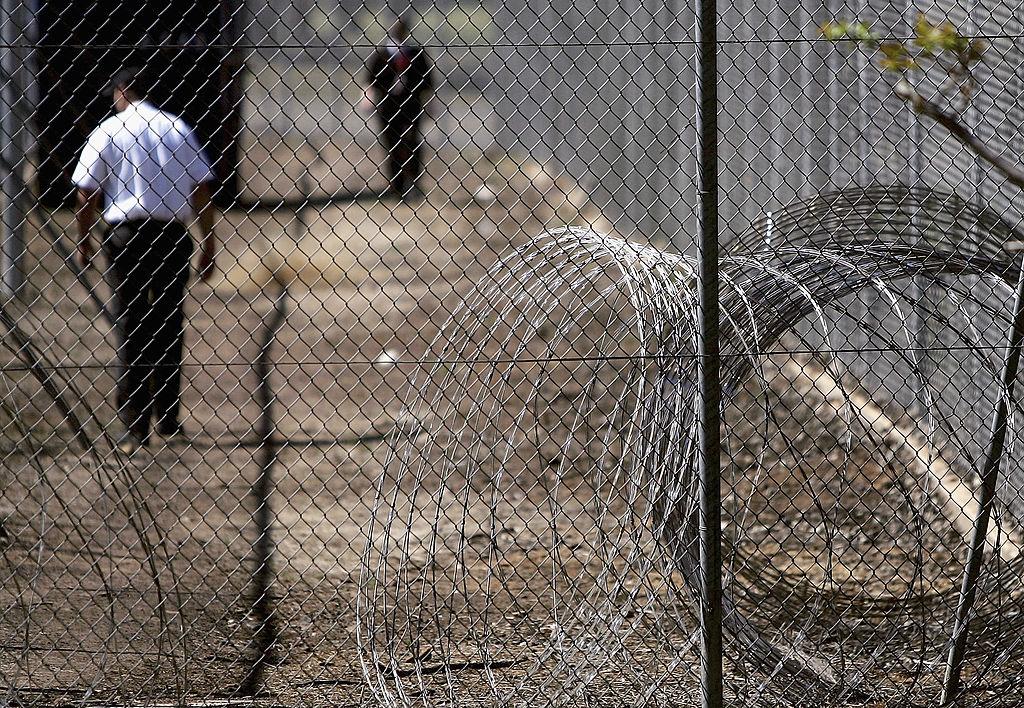When a High Court ruling on indefinite immigration detention triggered the release of 149 people in December 2023, the Albanese government scrambled to pass emergency legislation bringing in community safety or supervision orders, which would see freed detainees locked up again, or subject to strict surveillance, if they reoffended.
Since then, 25 have been charged, but no applications for orders have been made. Instead, as of Jan. 31, 113 released detainees had ankle monitoring bracelets placed on and were subject to curfews.





